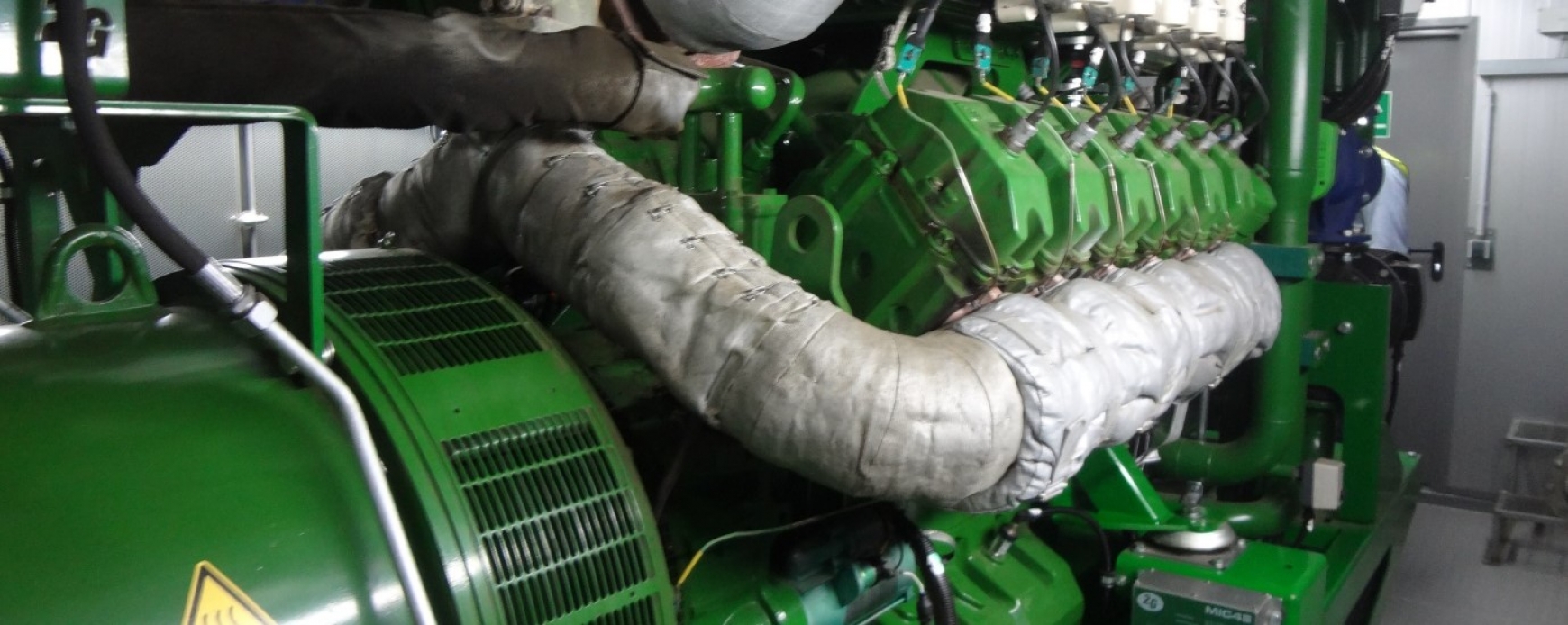What’s next? – Future of Small-scale Low-carbon generation consultation
The Government recently announced the closure of the Feed-in Tariff (FiT) scheme in its entirety in its latest consultation. The present lack of support for small-scale renewables beyond March 2019 (see my previous blog here) will be a disappointment for much of the industry.
A further consultation has been published, however, and the Government are keen to learn the role that small-scale renewable generation can play in the electricity market. They are primarily interested in small-scale renewable electricity generation models that will allow projects to deploy without support, and also are keen to learn what mechanisms should be put in place to encourage deployment of small-scale renewable generation.
The energy system has changed since the introduction of the FiT, for example, the recent introduction of many energy storage projects and the expected future role of electric vehicles (EVs). Smart metering, alongside battery storage and demand-side response, is set to help to balance the grid better and address volatility in the market. It is, therefore, expected that these applications will play a role in making renewables a more viable prospect for many small-scale installations. This is a reasonable assumption, however, it could be argued that the Government has jumped the gun as those technologies are all very much in their infancy as far as a wide scale roll-out is concerned.
Meanwhile, in the UK, carbon tax (or carbon floor price specifically) which is paid by those who emit carbon in producing electricity, and was introduced in 2013, continues to sit at around £18 per tonne despite original plans to gradually raise it in an attempt to encourage clean generation. Thus far, partly as a result of the carbon tax and partly as a result of electricity production decreasing, generation of electricity from coal has tumbled[1], while generation from natural gas and renewables have plugged the gap left as a result. If it becomes more financially penalising, a carbon tax would seem like one of the best options to encourage a transition from fossil fuels going forward.

The deadline for responding to Ofgem’s consultation on the future for small-scale renewable generation is the 30 August 2018.
If you are considering making a FiT application for any technology prior to the schemes close, then get in touch with us on 024 7669 8899.


